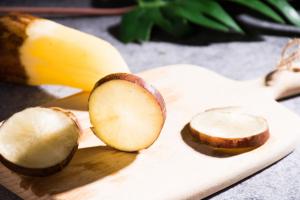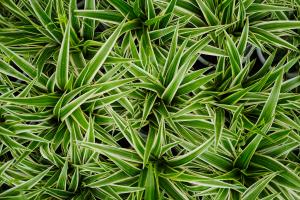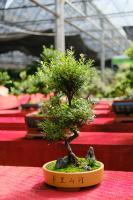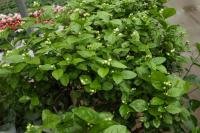1、 Curing method
1. Temperature: palace lantern Lily likes to be cool. It usually needs to control the temperature between 18 and 24 degrees. Too high temperature will affect its rooting quality. But we should also keep warm. If the temperature is lower than 15 degrees, the plant is likely to have early flower buds and yellow leaves, which will greatly reduce the ornamental value
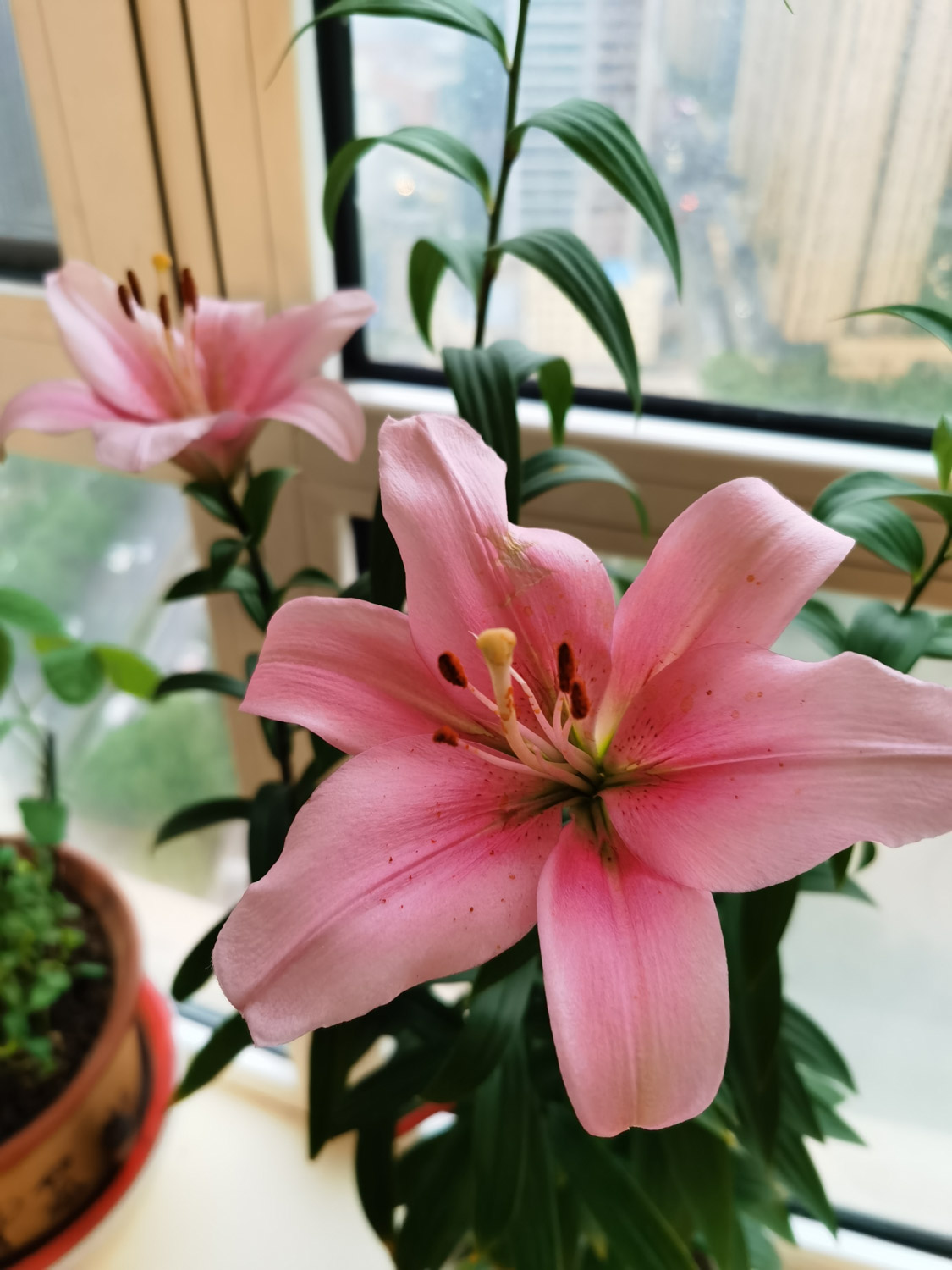
2. Watering: a lot of water is needed before planting, and irrigation is almost necessary every day. However, after planting, it is necessary to water according to the normal method. It is OK to keep the soil moist. There can be no ponding to prevent the occurrence of rotten roots and leaves

3. Light: it is necessary to provide warm and sufficient light. If the light is not enough, the flower buds cannot germinate, which will also seriously affect the quality of flowers. Strong light will also produce such a situation, so corresponding measures need to be taken according to the specific situation
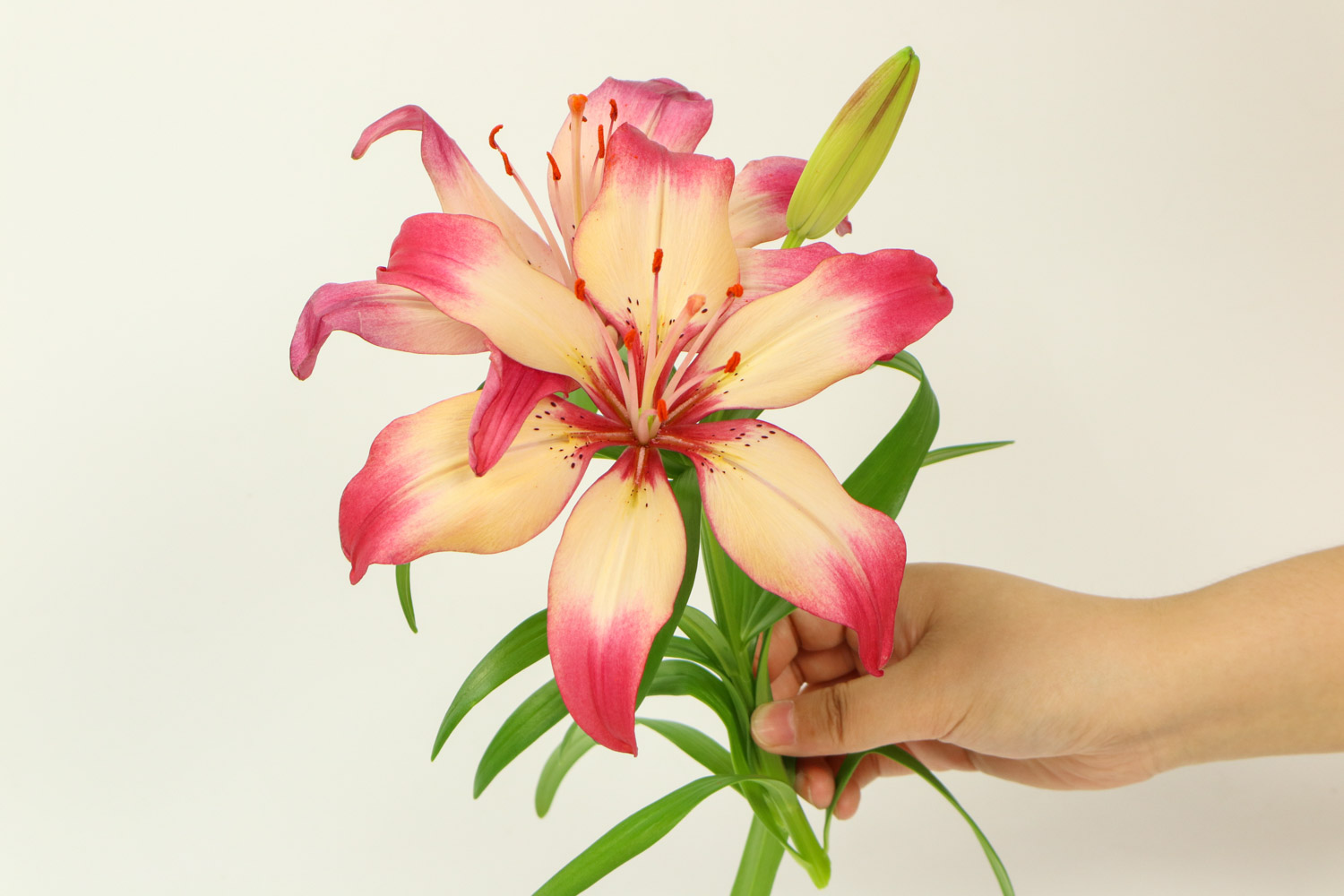
4. Fertilization: if the growth is not good during the growth period, you can add nitrogen fertilizer appropriately to promote the growth rate, almost twice. Foliar fertilizer needs to be applied once a week to ensure that its branches and leaves are green and shiny

2、 Breeding skills
1. Reproduction: seed and seed ball are two important ways. Sowing is generally not recommended because the probability of seed germination is very small and the germination cycle is relatively long, which takes two years. The heavier the ball is, the easier it can be planted into the soil, and the better the quality of the ball will be
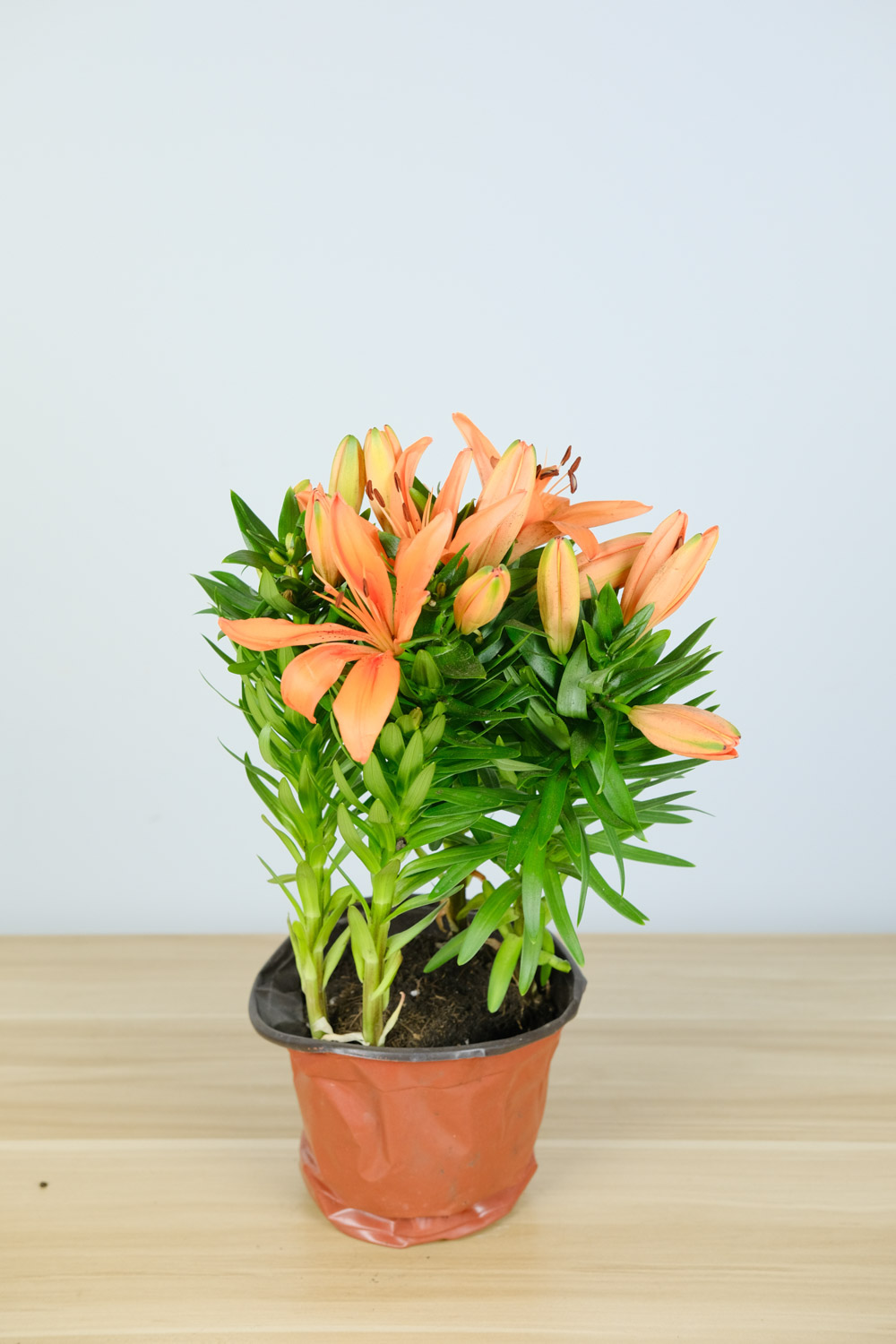
2. Pruning: the plant of palace lantern lily is very weak and cannot be pruned too heavily. Just cut off some residual branches and rotten leaves. If it is pruned too heavily, it is difficult to recover and even die directly

3、 Diagnosis and treatment problems
1. Disease: gray mold will occur. This disease will appear gray matter on branches and leaves, so it is necessary to ensure normal ventilation

2. Insect pests: aphids may appear. They will bite the flowers and bones of the plant. Normal flowering will be affected and trichlorfon needs to be sprayed

4、 Other issues
1. Toxicity: the whole plant has no toxicity, and breeding is very common

2. Whether it can be raised at home: Yes, but it is generally used to beautify the environment, and it is more common to plant in gardens


 jackfruit
jackfruit snake plant
snake plant hibiscus
hibiscus hydrangea
hydrangea lavender
lavender Green roses climb al...
Green roses climb al... If you don't pay att...
If you don't pay att... Management of four g...
Management of four g...

